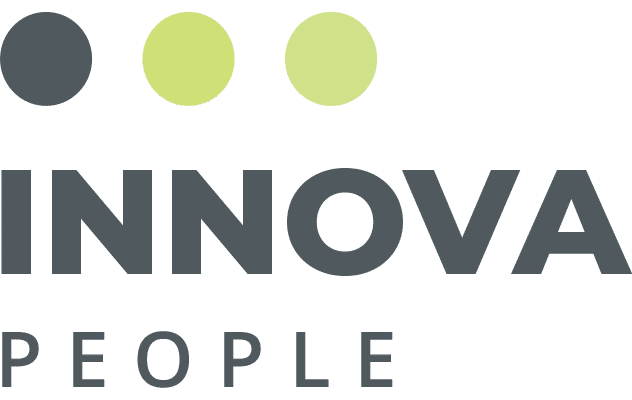The Dalai Lama has spent the past 60 years engaging with the world’s top leaders, companies, and organizations and has a deep understanding of how our societies have developed and changed.
Leaders, whatever field they work in, have a substantial impact on people’s lives and how the world develops. The spiritual leader shares his observations on what we need from today’s leaders and how, despite our differences, all humans have one thing in common, the desire to be happy.
Our strong focus on material development and accumulating wealth, according to the Dalai Lama, has led us to neglect “our basic human need for kindness and care. Reinstating a commitment to the oneness of humanity and altruism toward our brothers and sisters is fundamental for societies and organizations and their individuals to thrive in the long run. Every one of us has a responsibility to make this happen.”
It starts with our leaders to be mindful, be selfless, and to be compassionate.
Be mindful
We are cultivating peace of mind. Compassion not only boots our self-confidence, but it also reduces fear. Compassion, not money and power the Dalai Lama says, is what attracts like-minded people, “When we’re under the sway of anger or attachment, we’re limited in our ability to take a full and realistic view of the situation. When the mind is compassionate, it is calm, and we’re able to use our sense of reason practically, realistically, and with determination.”
Be selfless
Developing a genuine sense of concern for others allows no room for cheating, bullying, or exploitation; instead, it will enable a space for honesty, truthful, and transparent conduct. In turn, selfless leaders spark action in others by seeing the value in others and aligning that value with the worthy cause.
Be compassionate
The Dalai Lama says the ultimate source of a happy life is warm-heartedness. To achieve that, you need to pay attention to your inner values. A compassionate leader recognizes that every team member is not only a significant individual but also an essential thread in the fabric of an entire organization.
Paying attention to your motivation behind your actions. Actions motivated by anger and greed tend to be harmful and violent, whereas those motivated by compassion and concern for others are generally peaceful, “People often don’t realize that warm-heartedness, compassion, and love are actually factors for our survival.”
We’re in search of exceptional leaders. Contact Innova People, your Healthcare and IT Staffing agency, to learn more.



